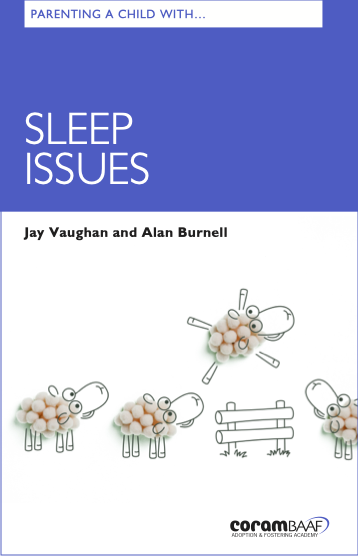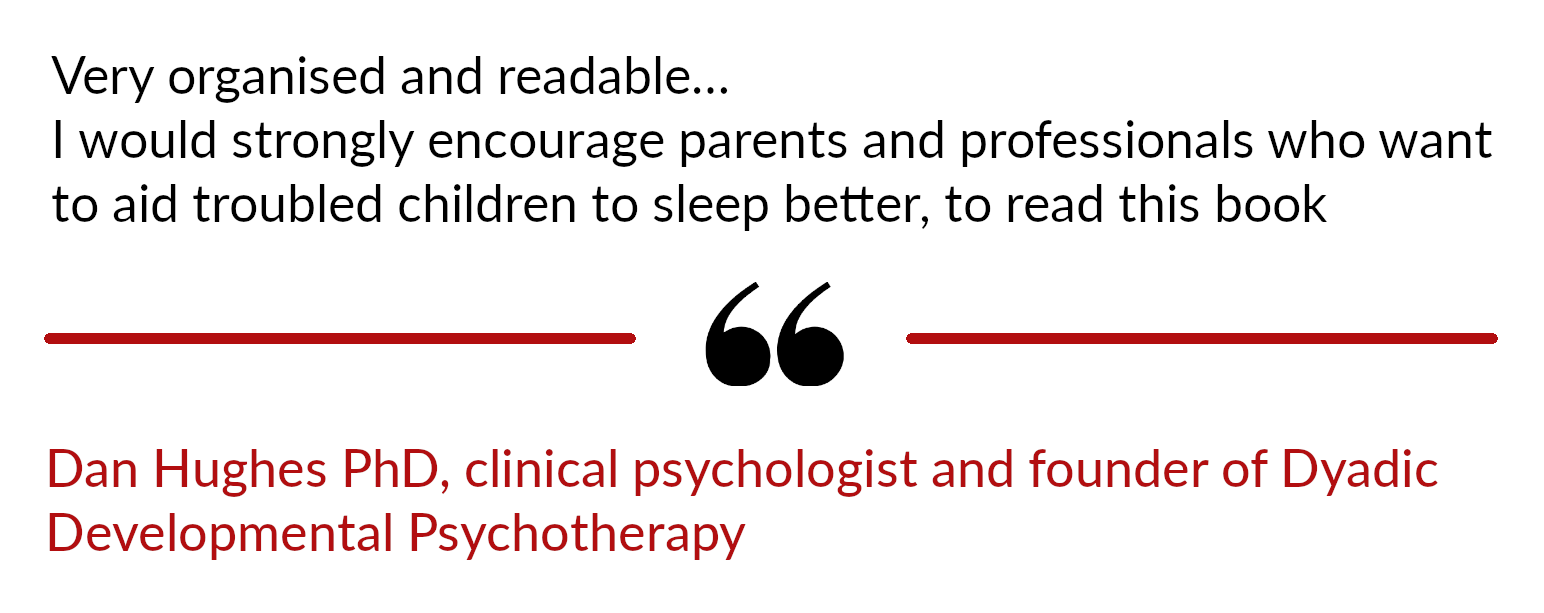
Parenting Matters: Parenting a child with sleep issues
£10.95
Sleep issues are common in babies and toddlers – but for looked after and adopted children, these problems can last a lot longer or reoccur at later ages, affecting family life and meaning that children are less able to benefit from supportive care. For this group, everyday techniques to help children sleep may not be enough, as they do not address the underlying causes – these children’s difficult early experiences.
This title in the Parenting Matters series provides authoritative, clinical guidance for carers and adopters on why this issue can occur and what can be done about it. In straightforward language, it explains how children’s difficult early experiences can affect their behaviour; the various possible causes; how to understand what the child is experiencing and why, and how using therapeutic techniques along with practical changes can help find a solution. In the second half of the book, two adoptive families who have been affected by this issue explore what it is like to live with an affected child, and what solutions they found.
This book is part of CoramBAAF’s Parenting Matters series which explores many of the health conditions commonly diagnosed in looked after children. See more titles in this series

Read the contents page
AVAILABLE IN EBOOK AND HARD COPY
Questions about eBooks? Check out our FAQs
HARD COPY
Reviews
Parenting a Child with Sleep Issues is an excellent, concise book that addresses a serious challenge that faces many fostered and adopted children, and their families. When a child sleeps well and is able to take sleep for granted, that child feels safer, is more able to learn about self and others, and just feels good—both physically and mentally. Sleep difficulties, which tend to be frequent among traumatised children, interfere with the development of the child’s body and brain, creating pervasive, complex challenges. Vaughan and Burnell identify these problems in detail. They then present in a very organised and readable fashion the variety of interventions that are available to address them. They describe well many neurophysiological, sensory integration, relational and environmental interventions that will help the child to sleep well and then better proceed with many areas of development. I would strongly encourage parents and professionals who want to aid troubled children to sleep better, to read this book.
Dan Hughes PhD, clinical psychologist and founder of Dyadic Developmental Psychotherapy
